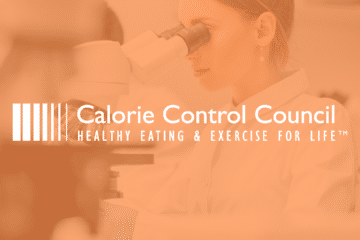

Scientific research is essential, but not every study should spark unnecessary concern, sparked by headlines which can cause more damage than good. This study’s limited findings, based on unrealistic conditions, do not reflect real-world consumption. Decades of rigorous research and global health authorities confirm that sucralose does not increase appetite....
Read More
The Calorie Control Council supports the findings of the European Food Safety Authority (EFSA) on saccharin. The review conducted by the EFSA Panel on Food Additives and Flavourings on saccharin examined all available research on saccharin, considering both short-term and long-term effects. This review assessed the potential impact of saccharin...
Read More
A new study entitled, "Xylitol is prothrombotic and associated with cardiovascular risk", was recently published in the European Heart Journal. The investigators conducted four separate studies. They began with untargeted metabolomics analyses in a discovery cohort and report circulating levels of a polyol tentatively assigned as xylitol, were associated with...
Read More
A new study entitled, "The Artificial Sweetener Neotame Negatively Regulates the Intestinal Epithelium Directly Through T1R3-Signaling and Indirectly Through Pathogenic Changes to Model Gut Bacteria", was recently published in the Frontiers in Nutrition journal. Led by investigators out of Jahangirnagar University and Angela Ruskin University, the objective of this study was to...
Read More
A new observational study was published in Circulation: Arrhythmia and Electrophysiology in which the authors sought to explore potential links between sweetened beverage consumption and risk of atrial fibrillation and other irregular heart rhythms. The authors utilized a UK-based cohort and looked at sugar-sweetened beverage (SSB), artificially sweetened beverage (ASB), and...
Read More
Managing U.S. Sugar Intake Through Low and No-Calorie Sweeteners Business for Impact at Georgetown University’s McDonough School of Business developed this whitepaper to evaluate the role low- and no-calorie sweeteners (LNCS) can play in achieving public health recommendations to reduce added sugars in the diet. This new paper increases understanding about the...
Read More